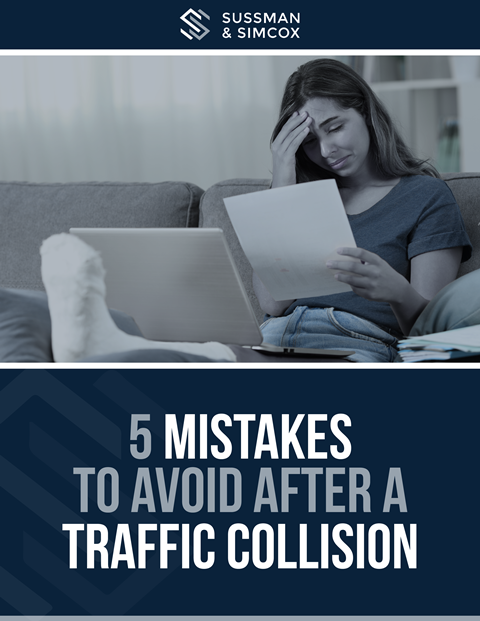When you trust a nursing home to take care of your spouse, parent, grandparent, or elderly loved one who is no longer able to live independently, it’s upsetting to learn that they’ve been injured due to neglect or abuse. Sussman & Simcox can help you and your family move forward by explaining your legal rights and what can be done to hold the facility accountable for its actions.
Attorneys Karen Sussman and Howard Simcox are committed to protecting vulnerable seniors throughout Maryland and D.C. They can help you develop a plan to investigate and protect their right to financial compensation for any harm they’ve suffered at the hands of neglectful or abusive caregivers.
Signs of Nursing Home Neglect or Abuse
It’s not always easy to spot nursing home abuse or neglect, especially when the resident is unable to communicate well or you live too far away to visit often. However, the following signs may suggest that your loved one is being put at risk:
- Sudden changes in mood or behavior. A resident who is fearful and anxious may be the victim of neglect or abuse—especially if they attempt to avoid certain caregivers.
- Unexplained injuries. If caregivers can’t provide a reasonable explanation for bruises, cuts, broken bones, and other physical injuries, further investigation is in order. Injuries could suggest a lack of supervision, aggressive conduct by other residents, or outright abuse at the hands of caregivers.
- Bedsores. It’s crucial that a resident who isn’t fully mobile be repositioned regularly to prevent pressure sores. Failure to do so can result in serious infections or even death.
- Loss of mobility. Even though physical activity naturally becomes more difficult with age, the nursing home staff should be making sure residents get as much exercise as possible to maintain their strength and flexibility.
- Poor grooming and personal hygiene. Most nursing home residents need assistance with bathing, dressing, and using the restroom. Poor grooming and personal hygiene suggest caregivers aren’t meeting their legal obligations.
- Unsanitary living conditions. When the nursing home seems dirty and disorganized, this suggests the facility is understaffed or caregivers aren’t professionally trained. In addition to increasing the risk of infections, a poorly cleaned facility can have spills or clutter that increases the risk of accidents causing injury.
Types of Nursing Home Abuse and Neglect
Nursing home abuse and neglect can take multiple forms. Some of the most common include:
- Failure to provide basic needs. This is often associated with understaffing since a lack of caregivers can make it hard to feed, bathe, and otherwise care for residents.
- Medication theft. Caregivers who are suffering from addiction may steal necessary medication from the residents, especially opioid painkillers.
- Physical abuse. Kicking, pinching, punching, pushing, slapping, shoving, and hitting are all forms of physical abuse that should not be tolerated from caregivers.
- Sexual abuse. Nursing home residents are generally unable to give consent to sexual conduct due to their physical or mental condition.
- Verbal abuse. This can include actions such as name-calling, insulting the resident’s appearance, or threatening to have the resident punished for actions beyond their control.
- Financial abuse. Residents may be pressured into giving caregivers money or have their accounts drained without permission.
- Abuse from other residents. Dementia can cause some seniors to become combative and aggressive. When they abuse other residents in the facility, the nursing home can be held responsible.
Have You Been Injured in a Nursing Home Accident?
If you've been injured in a nursing home accident, you need to speak with an experienced nursing home injury attorney as soon as possible. Please contact us online or call our Gaithersburg office directly at 301.840.0404 to schedule your free consultation.







